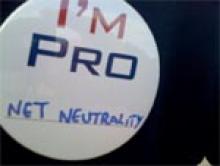Image


If companies always agreed with regulators' rules, there would be no need for regulators. The very point of a regulator is to do things that companies don't like, out of concern for the welfare of the market or the consumer.Photo used under Creative Commons license from AdamWillis.
